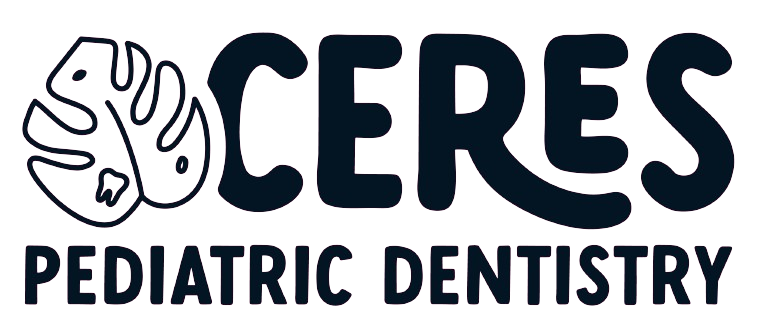EMAIL OR CALL: (209) 538-9298
- Home
- Our Story
-
Services
- Cavities And Fillings
- Emergency Dental Care
- Oral Health Exams
- Preventative Dentistry
- Restorative Dentistry
- Silver Diamine Fluoride
- Space Maintainers
- Behavior Management
- Nitrous Oxide (Laughing Gas)
- Ozone Therapy
- Curodont
- Hydroxyapatite Varnish
- Functional Appliances
- Comprehensive Pediatric Airway & Sleep Disordered Breathing Evaluation
Behavior Management

Pediatric dentistry is not just about teeth; it's also about building a positive and lasting relationship with young patients. Effective behavior management is the cornerstone of successful dental care for children.
At Ceres Pediatric Dentistry, we use behavior management strategies and techniques and a compassionate approach to ensure our young patients feel comfortable and cooperative during dental visits.
Behavior Management Strategies
Behavior management in pediatric dentistry is not just a technique; it's a compassionate approach that nurtures trust, cooperation, and positive experiences. For the best dental care tailored to your child's specific requirements, visit Ceres Pediatric Dentistry at 2561 3rd St., Suite A, Ceres, CA 95307, or call (209) 538-9298.
